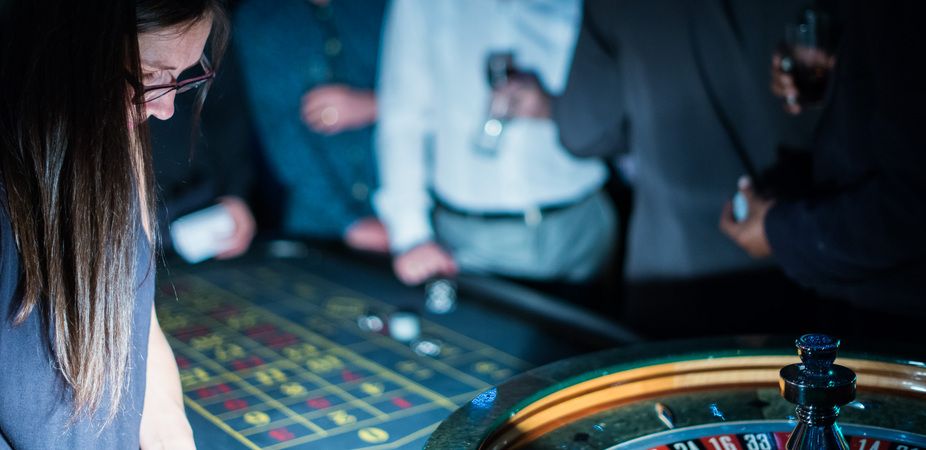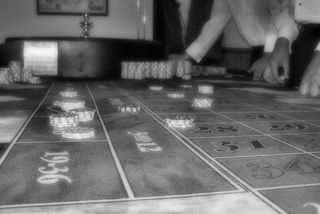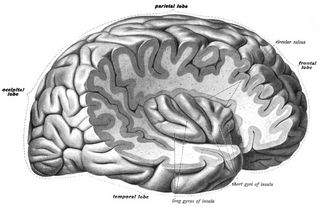
Wizard of Odds or Even Steven? The Science of Gambling Fallacies (Op-Ed)

This article was originally published at The Conversation. The publication contributed the article to Live Science's Expert Voices: Op-Ed & Insights.
Imagine yourself, a picture of sartorial elegance and sipping champagne from a crystal flute, in Le Grande Casino at Monte Carlo. It is a Monday night – in fact, the date is August 18, 1913 – and you are enjoying the tables surrounded by others, all of whom are similarly well-dressed, well-heeled and well-oiled.
You hear, from the roulette table, a growing commotion and you wander over to see what is going on. At the table you discover that the wheel has spun, 20 times in a row, black (a pattern a little less likely than tossing 20 heads in a row with a coin).
You watch with interest the next spin of the wheel. It too lands on black, as does the next spin – and the next, and the next.
With 24 spins in a row landing on black you place your chips on the table. Where would you put your money? On the black, anticipating the next spin of the wheel will land a 25th black? Or on red, reasoning that the chances of the next spin landing on black are almost zero?

If you said black, you’d have won (the wheel eventually spun 26 blacks in a row).
If you said “red” you’ve have exhibited a behaviour known as the “gambler’s fallacy”, a phenomenon which, according to a paper published today in the Proceedings of the National Academy of Sciences (PNAS), can be narrowed down to a specific part of the brain – the insular cortex.
Sign up for the Live Science daily newsletter now
Get the world’s most fascinating discoveries delivered straight to your inbox.
Odds and ends
The outcome of each spin of a roulette wheel is independent of the spin before it. The ball landing on red on one spin does not affect the probability of red on the next spin, or of black. Coin tosses are the same.
In the case of French or European Roulette, de rigueur at Le Grande, the chance of spinning black, on any given spin, is 18/37. That means the chances of spinning 26 blacks in a row are 1 in 136,823,184, exactly the same chances of spinning 26 reds in a row, or any other 26 black/red combination.
However, because we have evolved in a world in which most sequential events are causally related, we have evolved processes that help us recognise those relationships. As such, most of us have difficulty in interpreting sequences of independent events as independent.

That difficulty gives rise to the gambler’s fallacy: even if we know two or more events are independent it becomes difficult to ignore what just happened when trying to decide the probability of what will happen next. Instead, we develop false beliefs, or misperceptions about causal relations.
Indeed, the same processes are at work when we begin to engage in superstitious behaviours.
Introduction to the insula
The authors of today’s PNAS paper have now unpacked some of the puzzle around how such misperceptions arise.
Comparing healthy participants to those with focal brain lesions, they showed that patients with damage to a brain structure called the insular cortex (also known as the insula) do not suffer from false beliefs, or cognitive distortions, driven by long event sequences or near misses.
That is, their data suggest the insula plays a role in our developing beliefs about causal relations even when two events are, objectively, independent events.
The insula is an old brain structure associated with so-called homoeostatic body processes (such as taste, visceral sensations and autonomic responses like blood pressure and heart beat).

In mammals, particularly the great apes, there is evidence that the insula plays a role in the development of empathy and emotional self-awareness.
More recently, similarities between the insula in humans, some whales and dolphins and both African and Asian elephants have been reported.
All those species work with their fellows to achieve collective goals. That ability to cooperate and collaborate requires emotional control now for a potential reward later.
Both those features of the insula, autonomic processing and awareness of a person’s own state, might begin to explain the role of the insula in sustaining gambling behaviours.
Gambling is exciting and a visceral activity that stimulates the autonomic nervous system as well as the dopaminergic or cortical reward systems. The paper’s authors postulate that a disruption of those processes, by damage to the insula, disrupts the mechanism that reinforces gambling activity.
If they are right, they speculate, therapies that modulate insula functioning might eventually be shown also to moderate problem gambling. Perhaps they will also affect superstitious behaviours.
If so, count me out: my money would have been on 13 … black!
Ricky van der Zwan does not work for, consult to, own shares in or receive funding from any company or organisation that would benefit from this article, and has no relevant affiliations.
This article was originally published on The Conversation. Read the original article. Follow all of the Expert Voices issues and debates — and become part of the discussion — on Facebook, Twitter and Google +. The views expressed are those of the author and do not necessarily reflect the views of the publisher. This version of the article was originally published on Live Science.












